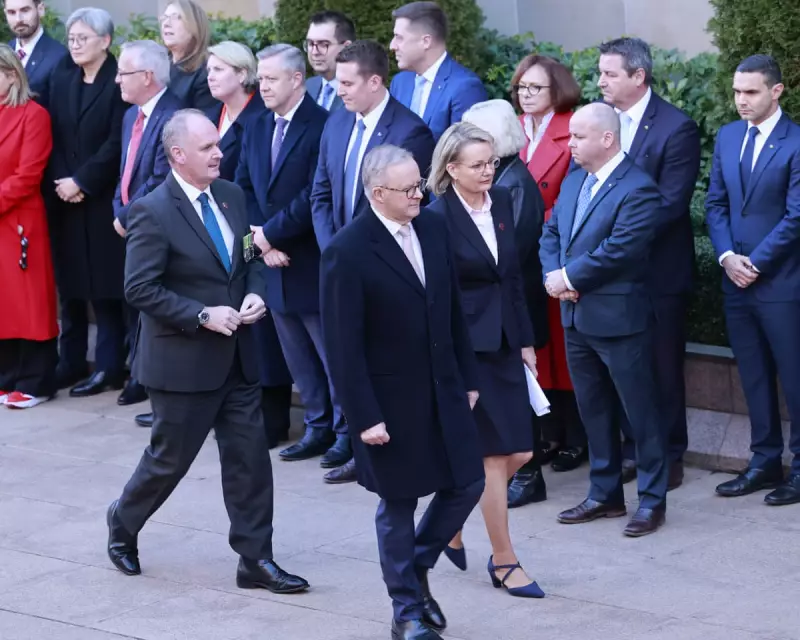
The Australian political landscape has undergone a dramatic transformation following Labour's sweeping election victory, as evidenced by the newly released parliamentary seating chart. The rearrangement of seats in Canberra's halls of power paints a vivid picture of the tectonic shifts in the nation's governance.
A Historic Realignment
The revised seating arrangement shows Labour's expanded presence dominating the government benches, while opposition parties scramble to adjust to their reduced numbers. Political analysts are calling this the most significant parliamentary reshuffle in over a decade.
Key Changes in the Chamber
- Labour gains 15 additional seats compared to the previous parliament
- The Liberal-National coalition suffers its worst showing in 20 years
- Greens and independents secure record representation
What This Means for Policy
With their strengthened position, Labour ministers now have clearer pathways to implement their agenda. Political commentators suggest this could lead to:
- Accelerated climate change legislation
- Expansion of social welfare programs
- Tax reforms targeting high-income earners
The opposition faces an uphill battle, with their reduced numbers limiting their ability to block government initiatives. Shadow ministers will need to develop more strategic approaches to hold the government accountable.
The Rise of Crossbench Influence
Perhaps the most surprising development comes from the expanded crossbench, where a record number of Greens and independents now hold the balance of power on certain issues. Their increased presence adds a new dynamic to parliamentary proceedings.
"This isn't just about who sits where," noted one senior political correspondent. "It's about how Australia will be governed for the next three years. The physical rearrangement of parliament reflects fundamental changes in the nation's political priorities."





